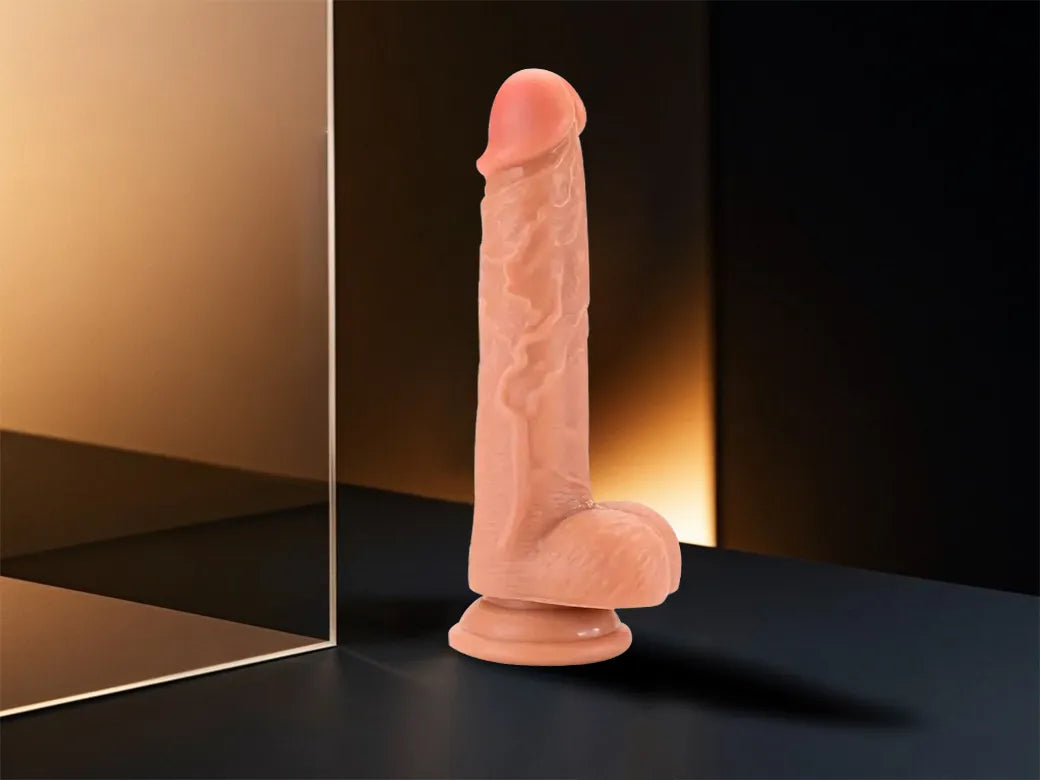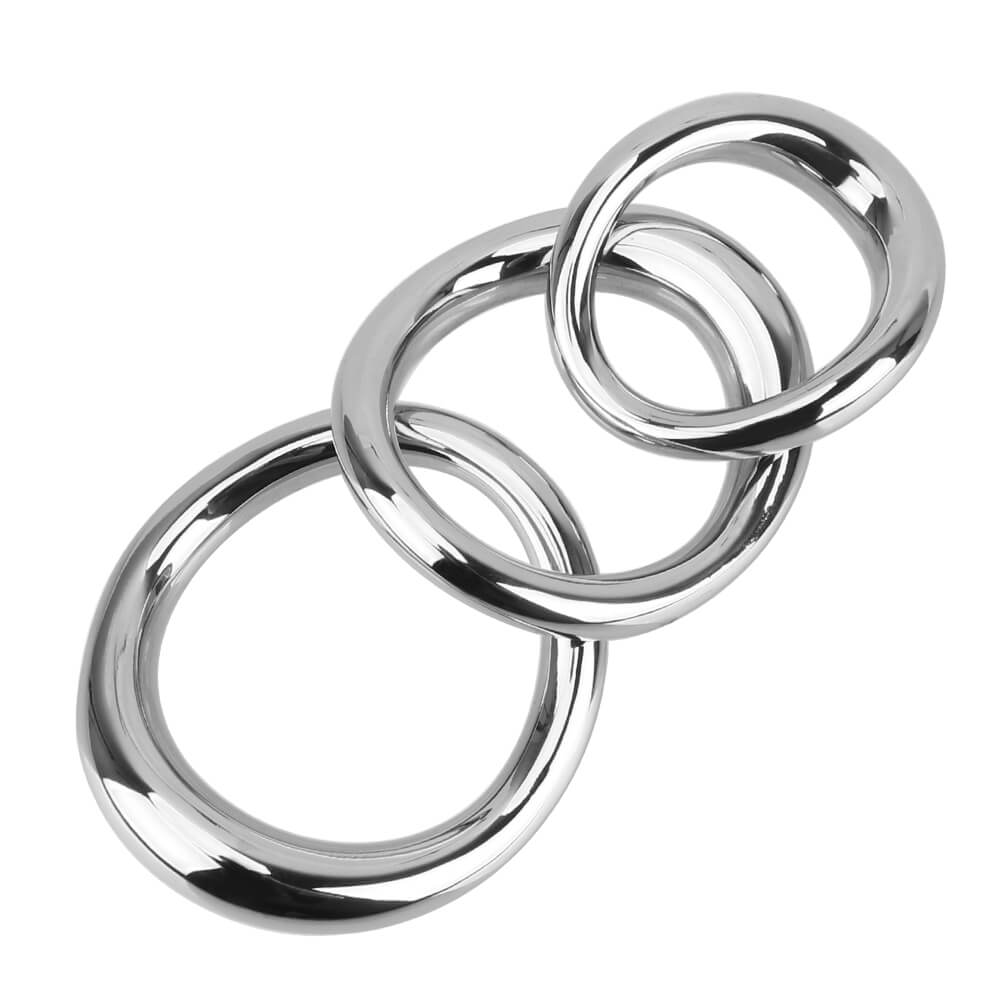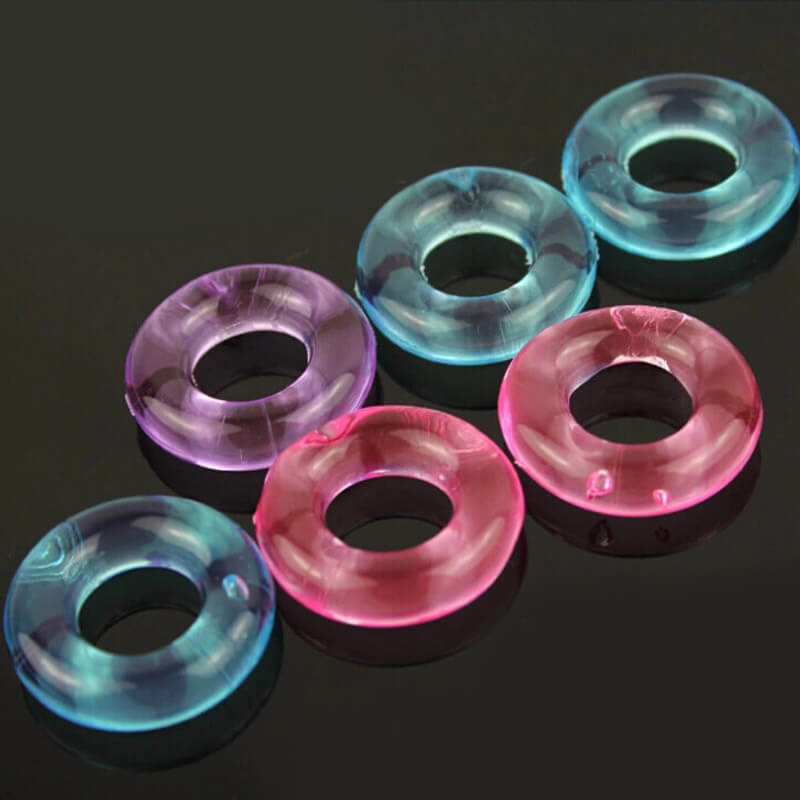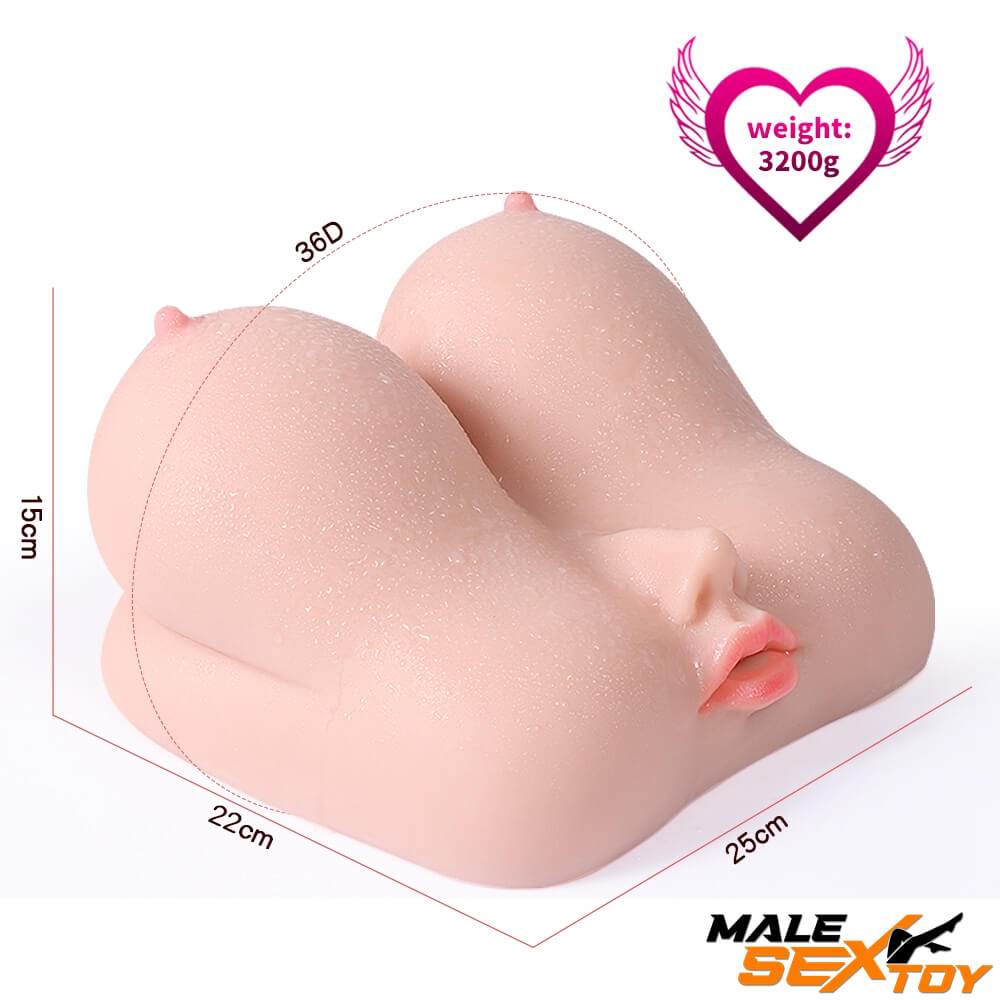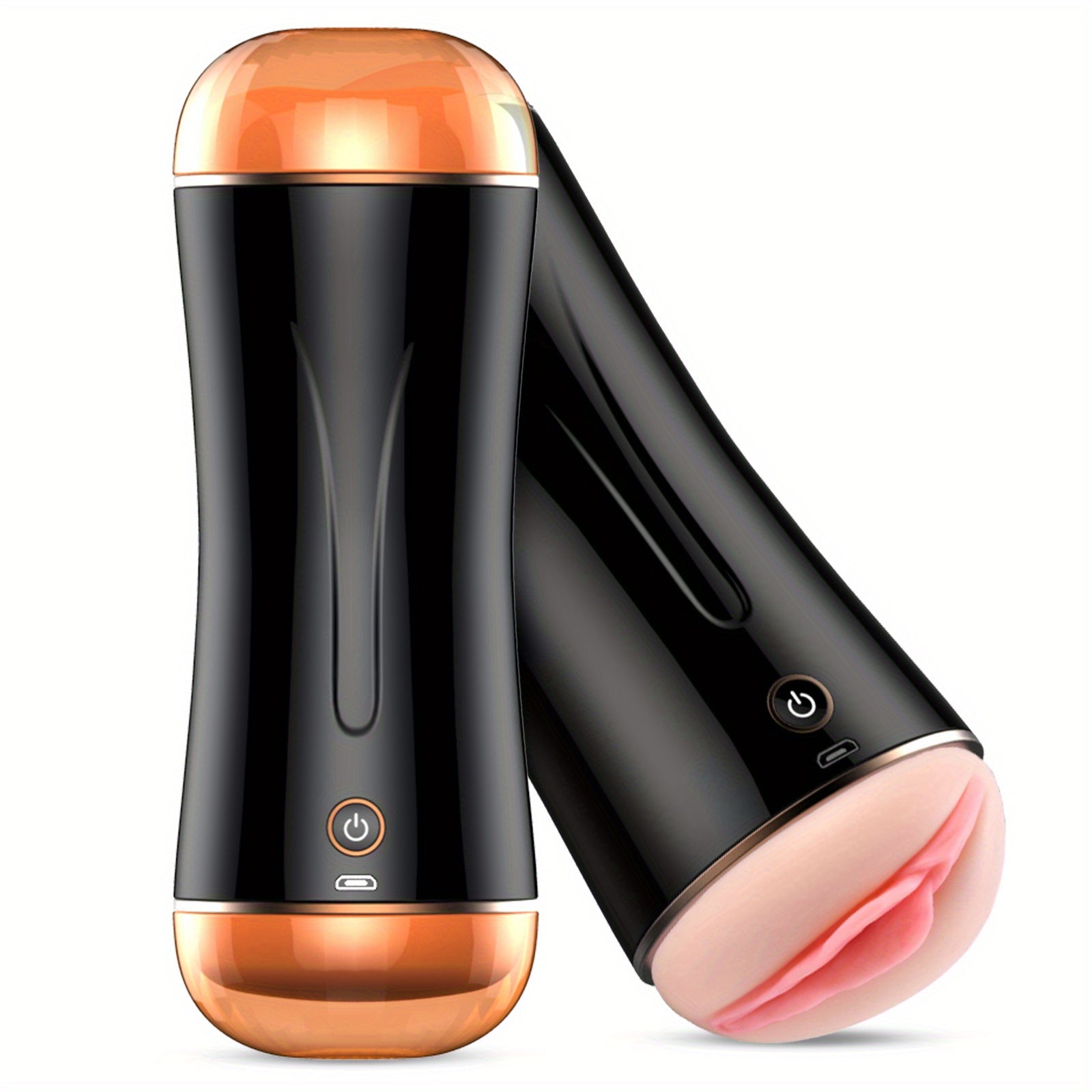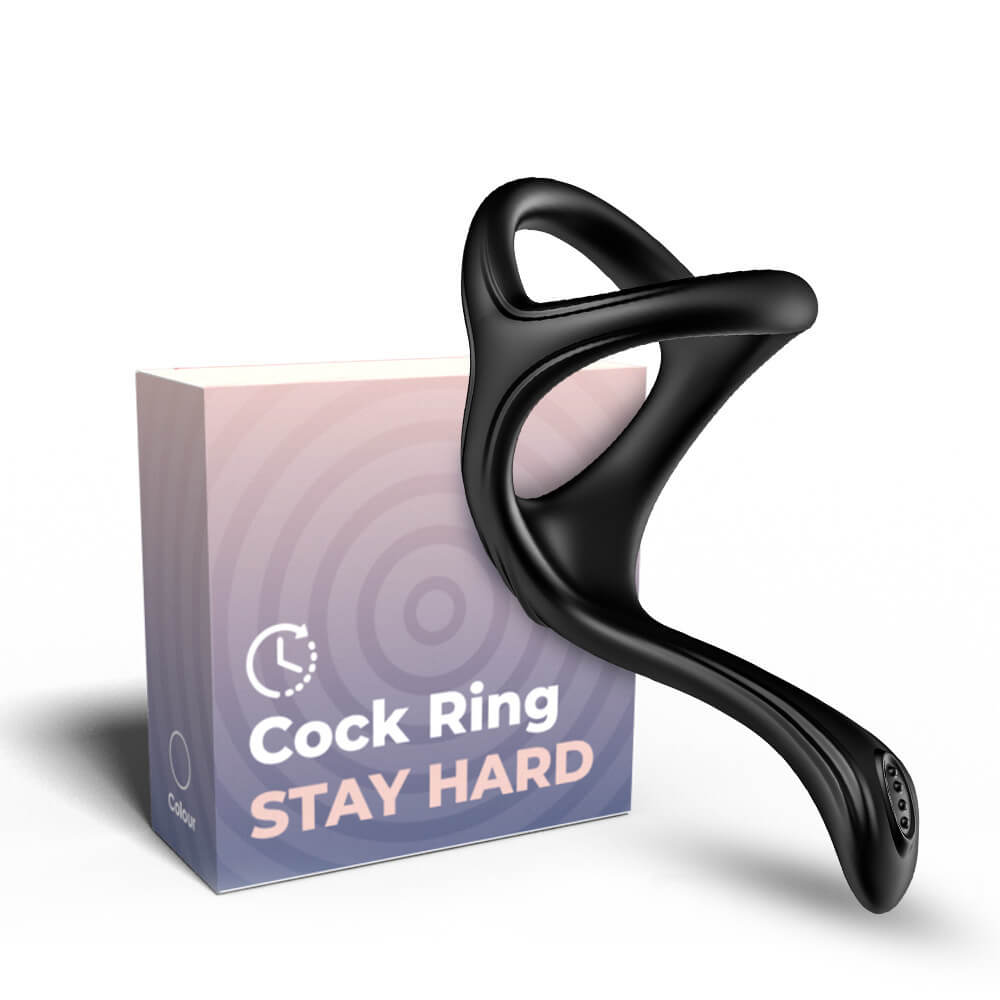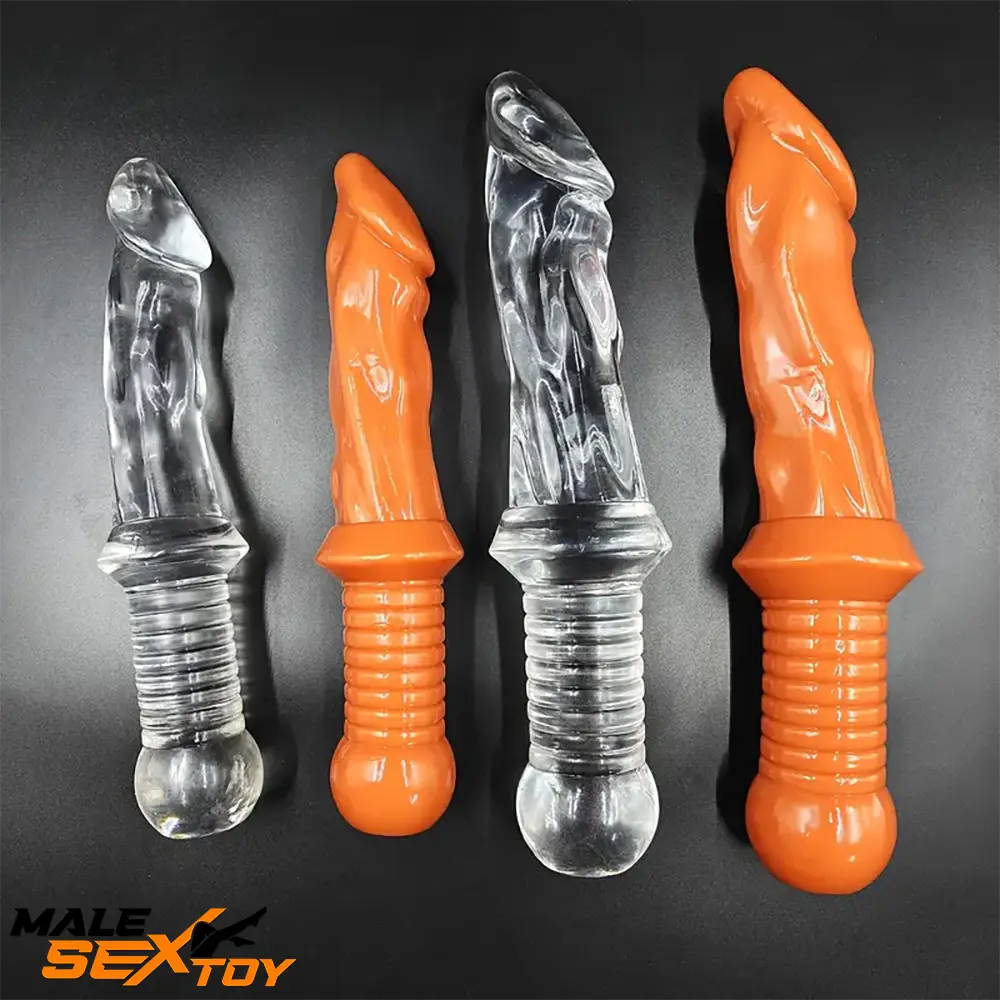Summary I often get told that a lot of guys are unnecessarily worried about ED – I want you to know that some guys as young as 20 have gone through the same thing, and that shit messes with you, so if you’ve found this part of the blog early on, good for you – let’s get ahead of ED and not have to deal with it. But are we supposed to believe that this momentary failure to get it up is really a sign that I have ED?
ED: More Than “Not Being Able To”
Males who repeatedly have troubles getting (or keeping) an erection firm enough for having sexual intercourse are said to have erectile dysfunction (also known as ED, for short). It must be made clear that ED Is a physical condition Erectile dysfunction is, in fact, a medical problem and not a psychological one, nor is it a failure of self, a flaw in one's masculinity, or a matter of one's manhood.

Erectile Dysfunction: What Causes It?
Physiological Reasons:
However, the root causes of ED can usually be attributed to a number of physical elements, most commonly cardiovascular conditions like atherosclerosis, hypertension, as well as too much blood cholesterol. Diabetes is also one of the major causes as high blood glucose (sugar) over a long period can harm blood vessels and nerves. Neurological disorders, including multiple sclerosis and Parkinson's disease, may lead to ED. Moreover, low T frequently reflects hormonal imbalance, medications have side effects (e.g., some antidepressants and certain antihypertensives) that do low doses of T) are associated with this condition. Erectile dysfunction can also be a result of other health problems, such as liver and kidney diseases.
Psychological Factors:
The psychology around erectile dysfunction is just as complicated. Anxiety, and stress, including performance anxiety and stress related to the demands of everyday life and work, can make it challenging to be sexual. Depression may add to the problem and eventually lead to a complete lack of sexual interest and a general low feeling. Problems in the relationship, such as communication problems and emotional distancing, can also contribute. In addition, previous sexual abuse — typically a traumatizing encounter — can result in some long-term scarring when it comes to sexual performance.
Lifestyle Factors:
Many lifestyle choices also have a high impact on erectile function. Heavy drinking and smoking would both damage neurons and blood vessels, disrupt erectile function. Obesity is another important factor as it increases the chances of getting diabetes and cardiovascular diseases which are notorious to be worsened by erectile dysfunction. Not only that, but leading a sedentary lifestyle can have a bad impact on your health, and eating unhealthily (especially lots of sugar and unhealthy fats) can be contributing to the problem, too.
And..How Do You know if You Have ED Symptoms?
Sustained alterations of sexual function are classic symptoms of ED. The main symptom is that the man cannot get or keep an erection that is firm enough for him to have sex. You may also observe that your morning erections aren’t as frequent or as firm; that is a sign of good erectile function in general. Additionally, ED may be accompanied by feelings of embarrassment or performance anxiety, along with a reduced libido or sex drive. All such symptoms highlight the need to consult a doctor.
The Alert is clear that preventative supervision is critical to ensuring compliance. Something I believe is really important is not to be ashamed or embarrassed about it – there’s nothing to be guilty about.” It’s not something you fail at — it’s a medical solution by which we all live. The first step to getting clarity and back on your feet is having the courage to meet this head on.
Seek Expert Assistance
That's certainly solid advice to seek medical advice. With a good examination, a urologist make uncover the reason for the ED. Psychological therapy play an invaluable role in the totality of the management, both for support and for coping strategies and if there is psychological factors (eg anxiety or stress) psychological issues this can improve the quality of life.
Support for Partners
A partner’s compassion and support may be an invaluable gift. They share because it deepens connection, and turns the challenge of dealing with erectile dysfunction into a shared challenge. This kind of partnership creates deep sense of working together, which is necessary for the healing to take place.
Treatment Methods to Improve ED
ED is treated effectively with a variety of personalized and etiology-based approaches. There are numerous ways men can improve their sexual health and regain their confidence, including lifestyle changes and other solutions both non-invasive and more clinical.
Changes in Lifestyle
Proper Nutrition: A heart-healthy diet that includes fruits, vegetables, whole grains, and lean proteins can greatly improve blood flow to your penis and other important body parts.
Regular Working Out: Getting in a good workout on a regular basis is essential, especially cardiovascular exercise; it’s good for the heart, which is important for good circulation, which is important for an erection. Even moderate intensity exercise like brisk walking can have a positive impact.
Cut Down on Alcohol and Stop Smoking: Alcohol is a cause of temporary erectile dysfunction where excessive consumption can cause penile function degradation, and in the long run, can create health problems whereas smoking damages arteries and provides poor blood supply.
Weight regulation: Obesity is often associated with conditions which cause ED, such as diabetes, and heart disease, but weight-loss can help.
Stress: High stress and anxiety can cause sexual performance to suffer. Anxiety reducing activities such as yoga, meditation, or hobbies may be very beneficial.
Goodnight Kiss Sufficient Slumber: Not getting enough sleep can throw off hormone levels, specifically testosterone, a force in sexual desire and function. Try to get 7-8 hours of good sleep every night.
Medical Interventions
Oral Medications: The most popular oral drugs that treat ED include: vardenafil (Levitra), tadalafil (Cialis), avanafil (Stendra), and sildenafil (Viagra), which improve the inflow of blood flow into the penis in the presence of sexual stimulation.
Other drugs: Men for whom oral medications do not work or who cannot use them may, in some cases, benefit from urethral suppositories or self-injection therapy, in which medicine is injected directly into the penis.
Hormonal Therapy: If low testosterone is found to be a contributing factor, the well-known treatment testosterone therapy may be suitable.
Penis Pumps: also known as a vacuum erection and are used to draw blood into the penis by the vacuum they create around your member. Afterwards a tension ring is put in place to keep the erection.
Surgery: In rare occurrences, when all else has failed, penile implants (either inflatable or malleable implants surgically placed inside the penis) could be a permanent solution.
Low-Intensity Sound Wave Therapy (LiSWT): Using non-invasive technology, this treatment sends low-intensity sound waves to the penis that break down plaque and stimulate the production of new blood vessels.
Support for the Mind
Psychological Therapy/Counseling: Men and [their] partners would benefit from a professional as well [e.g. therapist] to address relationship tension, stress, depression, and performance anxiety which can be contributing to ED. Couples therapy and cognitive behavioural therapy (CBT) are also in many cases very successful.
Keep in mind that a doctor's advice is the best plan of action when it comes to such things. Feel free to talk with your doctor to find the best option for you.

